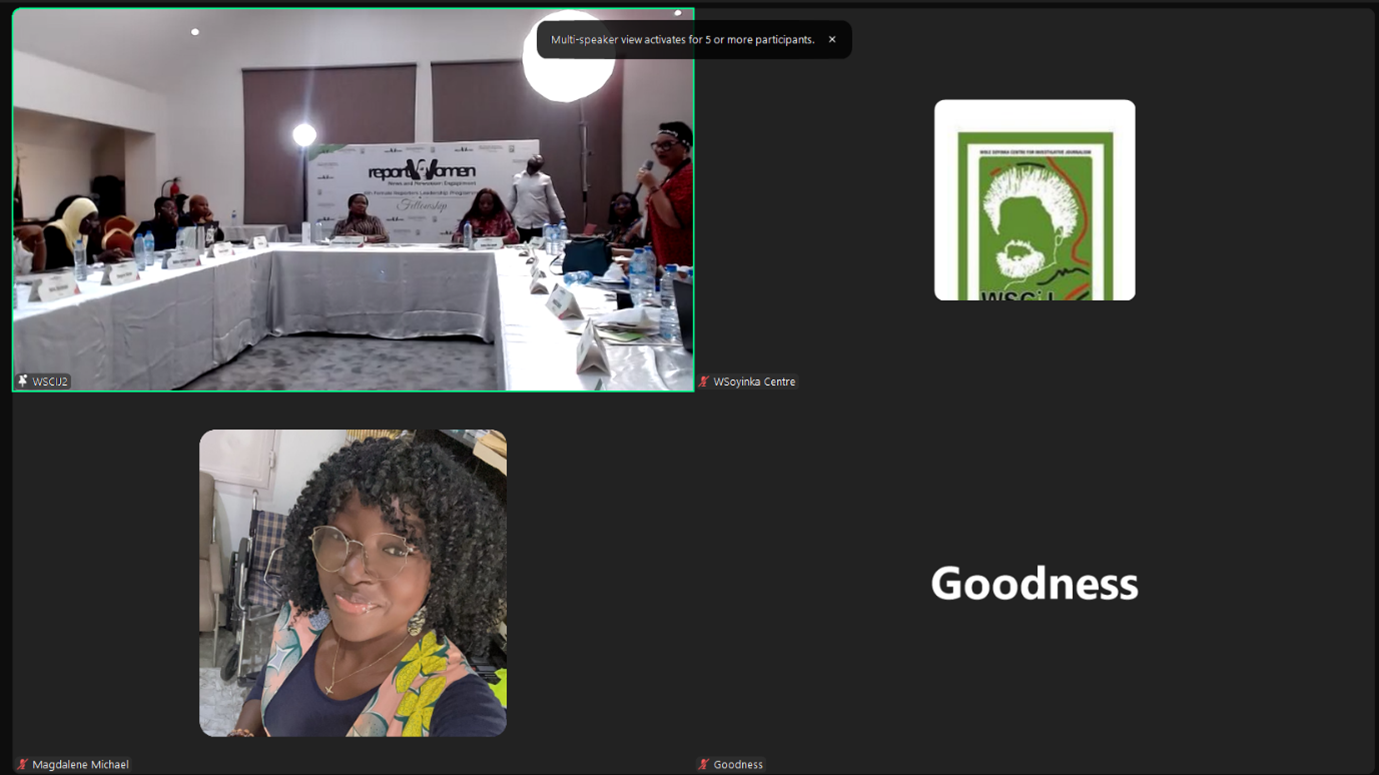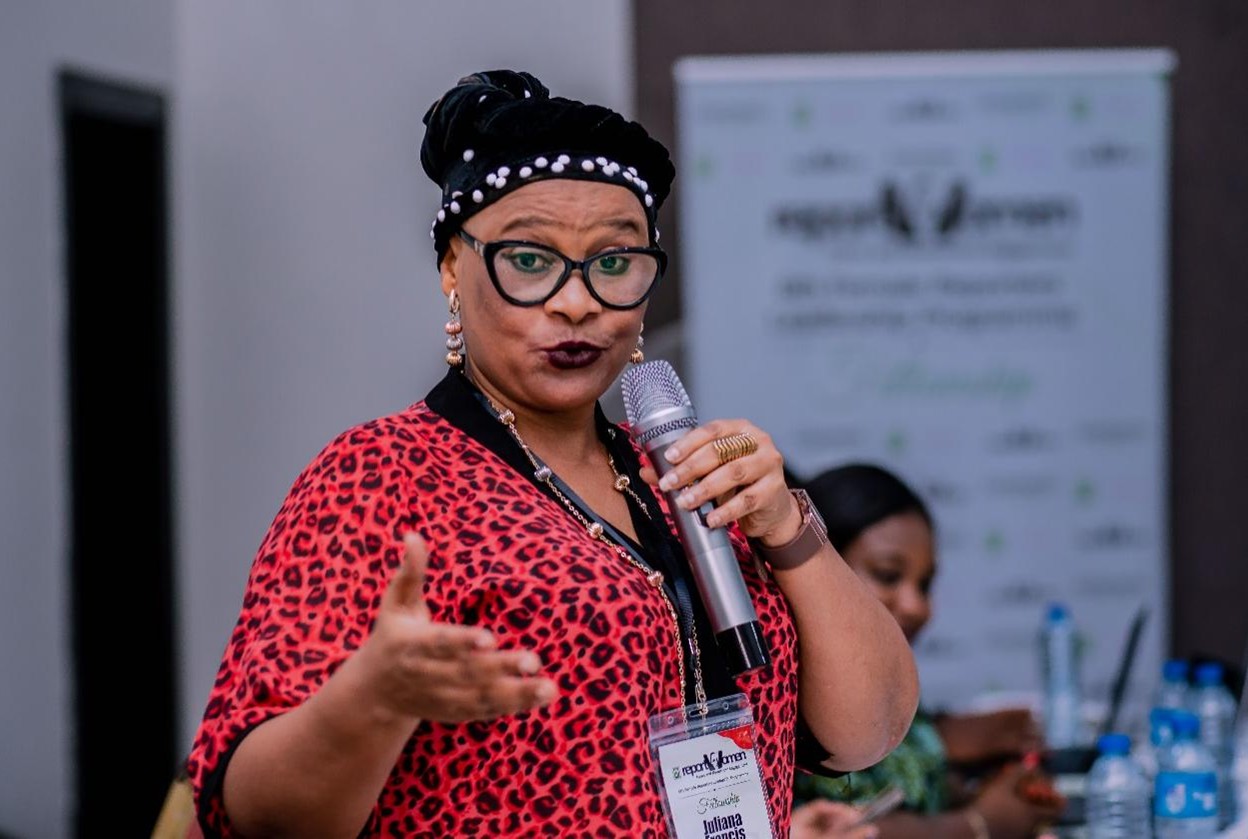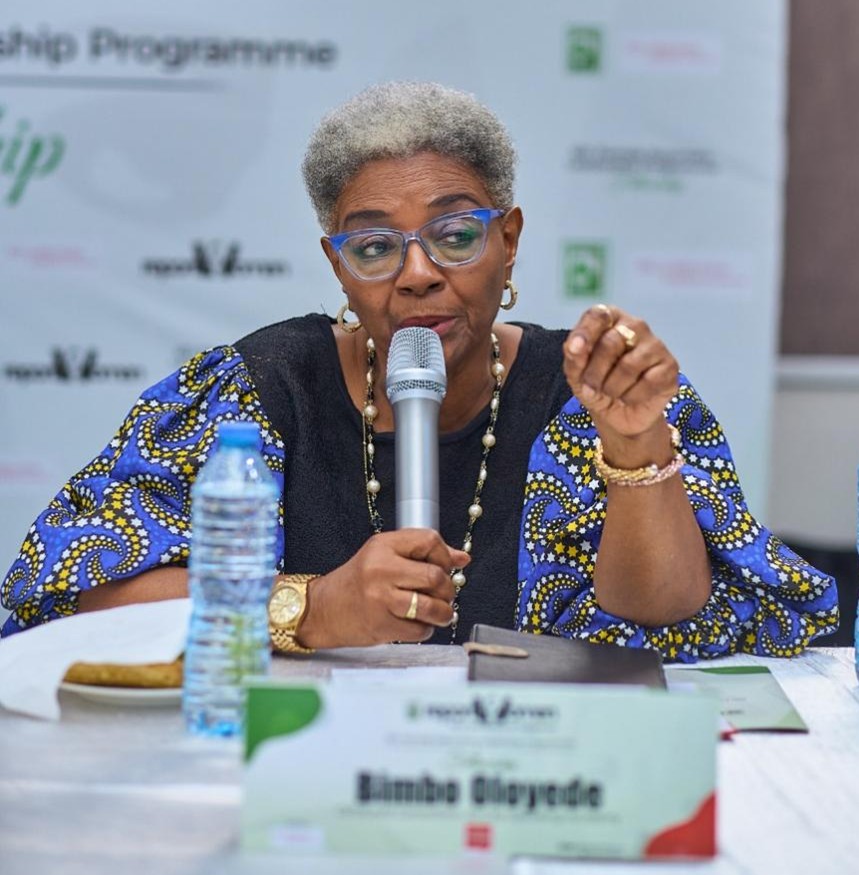In assessing the status of the current data landscape in Nigeria, Yemi Kale, Statistician General of the Federation and Chief Executive Officer, National Bureau of Statistics, has stated there is room for improvement. He made this call during a panel discussion at the 12th Wole Soyinka Centre Media Lecture Series held virtually on Monday, 13 July 2020.
Kale, who was a panellist at the event, spoke on ‘Data, Media and National Development’. He reiterated that the demand for data by different stakeholders has forced the statistical office to increase its speed, accuracy, and methodologies to better respond to public demand.
He noted that the key strength of the emerging data landscape is the ability of the statistical system to continuously innovate and produce new kinds of data.
According to him, data should be evidence based and useful for the targeted end users, especially because funding is a challenge.
In his words, “When you have a statistical system that doesn’t have that much money, you have to ensure that whatever data you are producing is what is required by users. You don’t want to produce data nobody is interested in; you want to produce the data that is largely demanded by the Nigerian public. So, it ensures that the data is used actually for national development rather than producing data for the sake of it.
He also highlighted other challenges of data, one of which is the misuse and abuse of statistics often to achieve short term political advantage. He charged everyone to accept data as it is.
“We have to get to a situation where data is taken as it is, and it is used by policymakers to solve problems rather than attacking the data.
He stated that the objective of data is to help political makers take the right decisions and what should be done when data is not in their favour is for policymakers to understand the data and then try and fix the problem in line with whatever the data is saying. Kale pointed out that Nigeria has one of the smallest statistical budgets in the continent and tasked the government on the need to improve budgetary provisions to the statistical office to improve data quality output. Among other opportunities the media can tap into are technology–driven methodologies, culture of fact checking and collaboration with emerging data champions.







